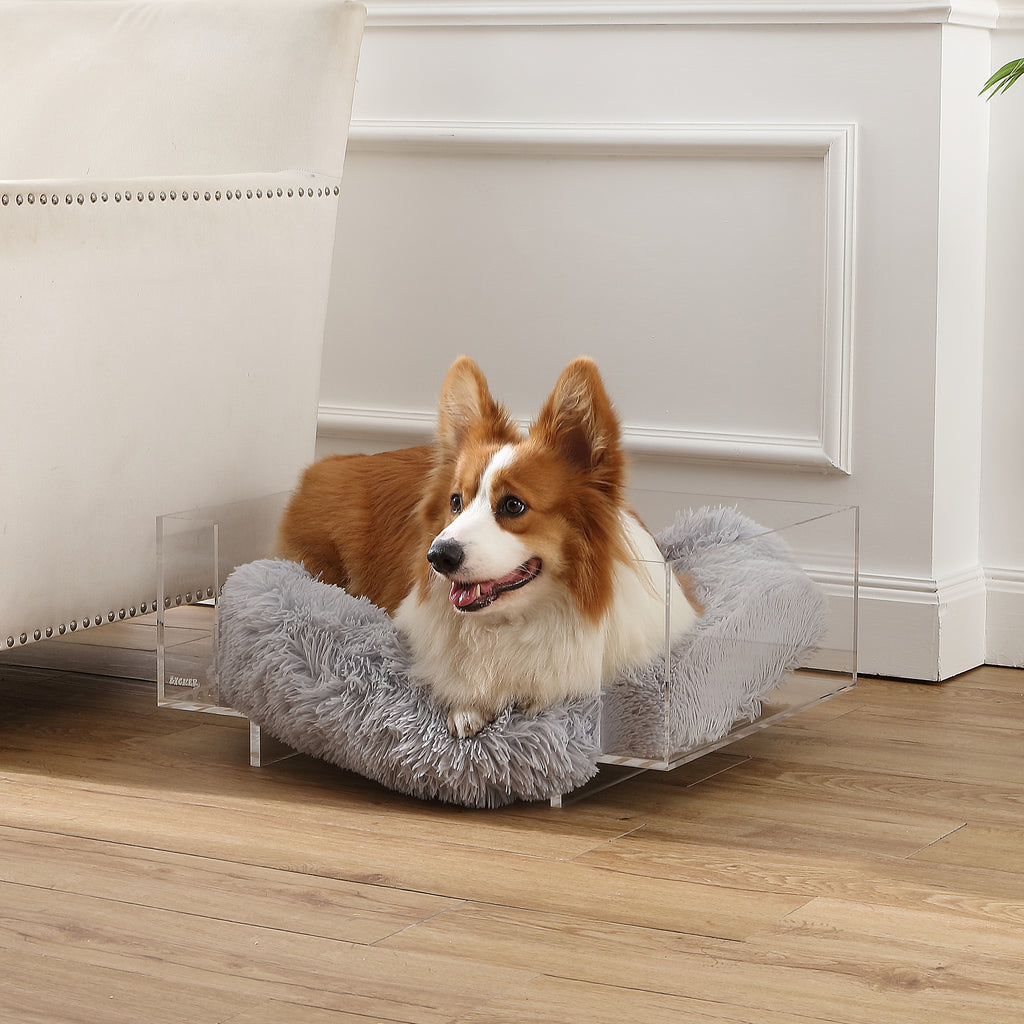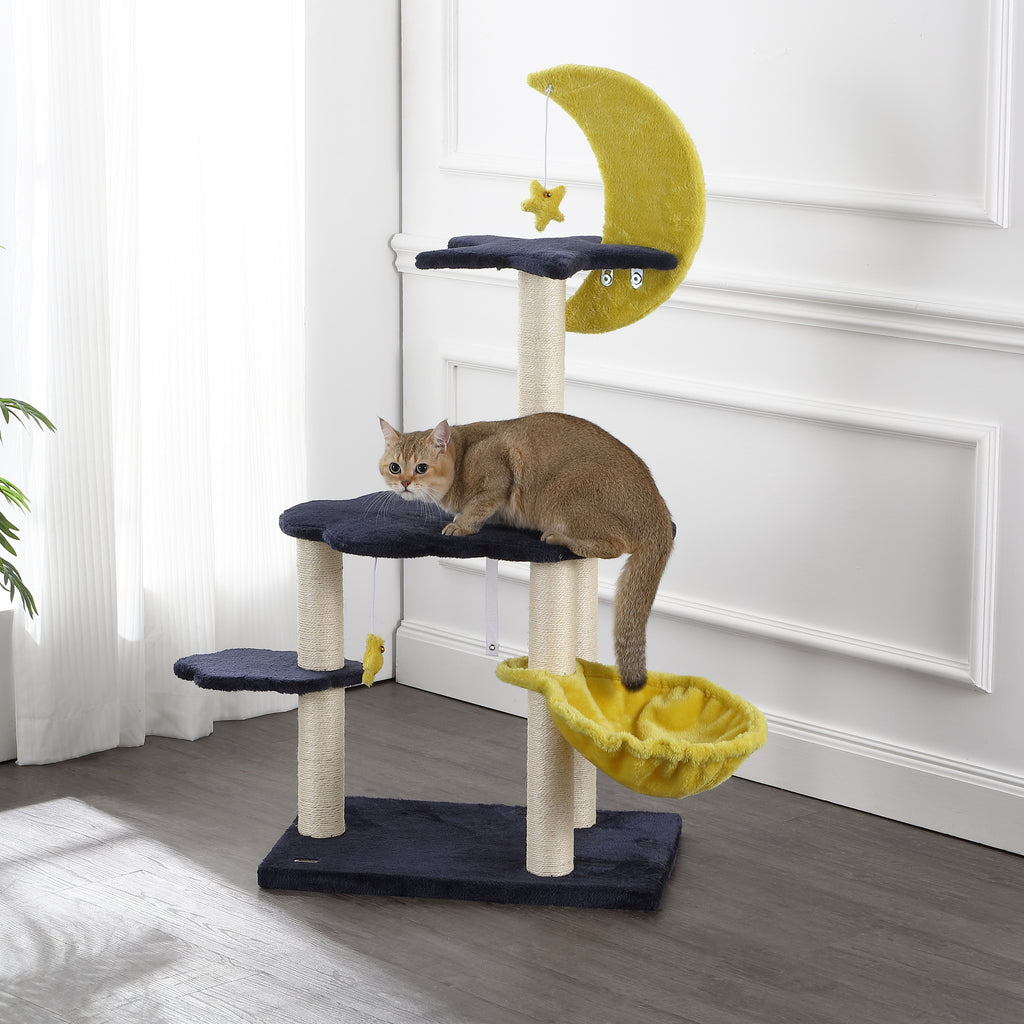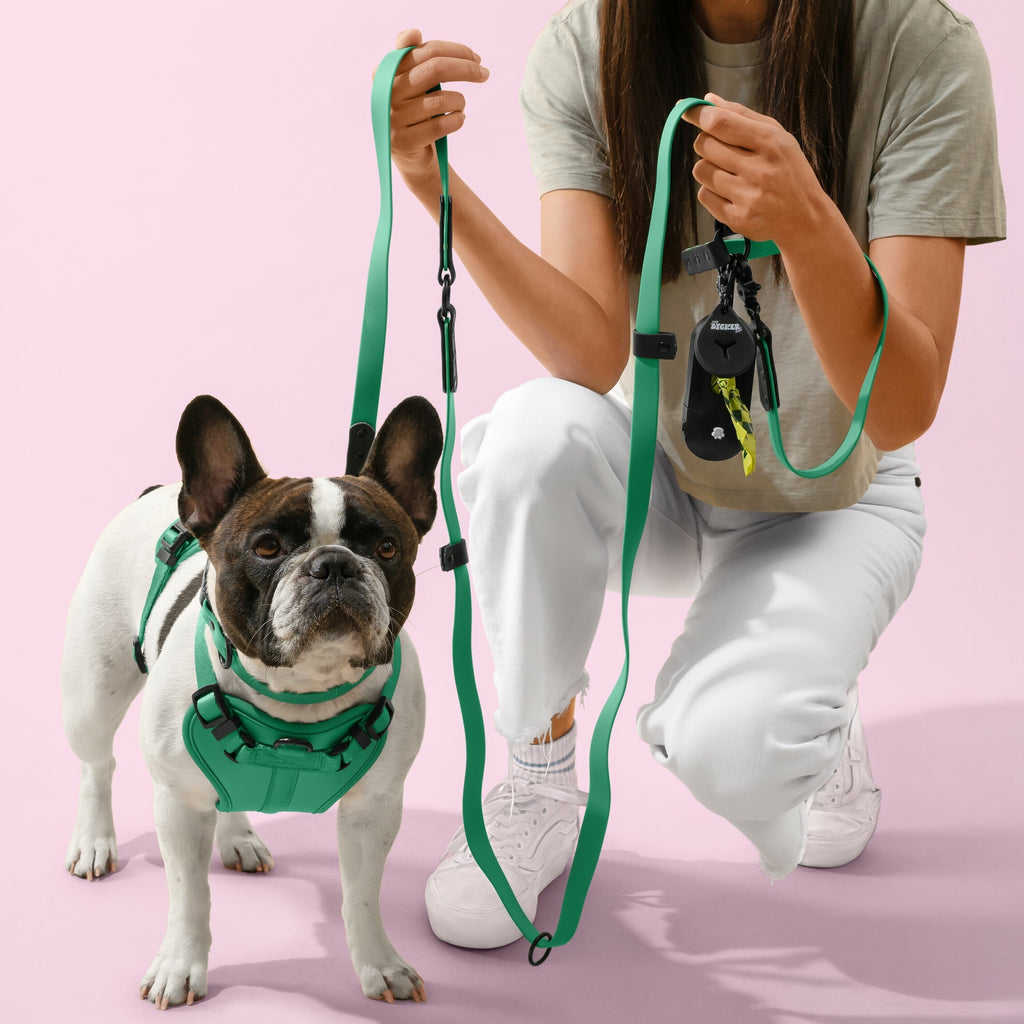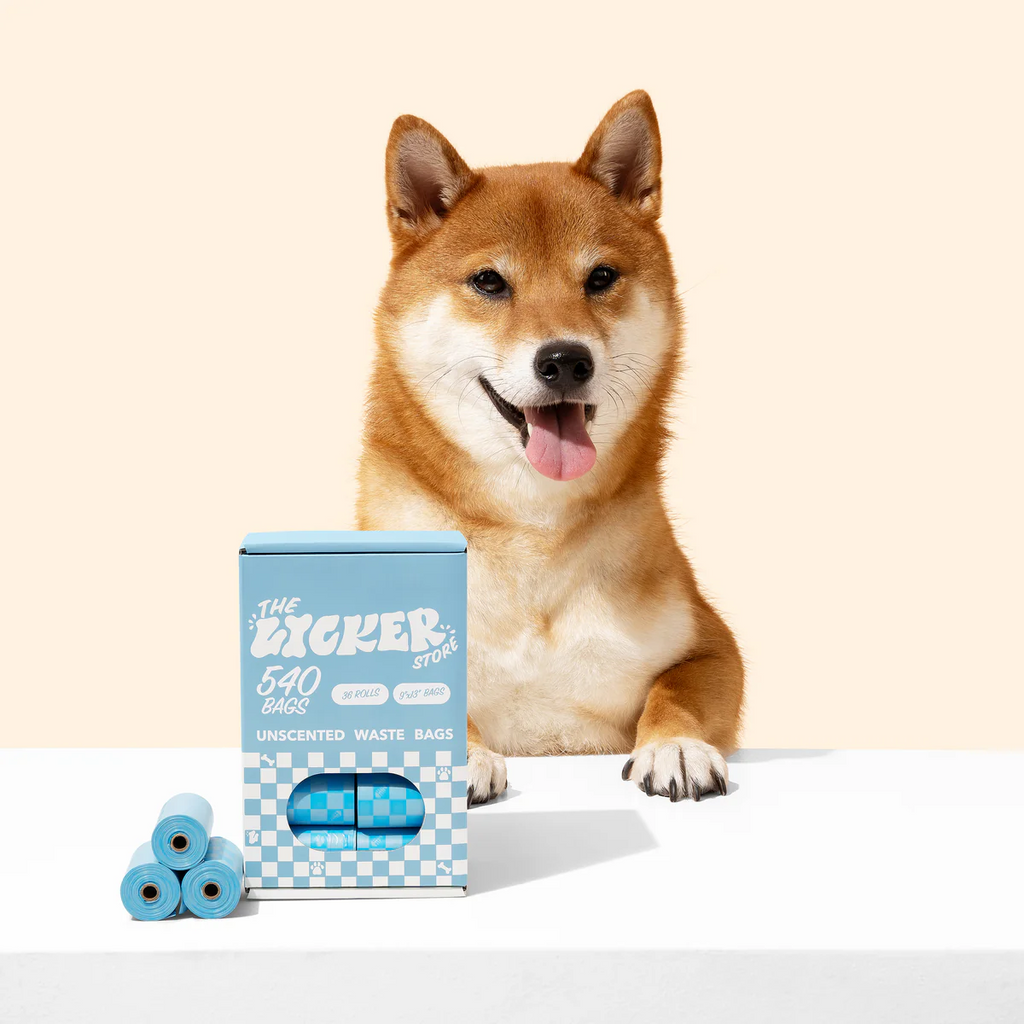Few moments are more frustrating for pet parents than pulling back the covers and finding a wet spot on the bed. Your first thought might be anger, confusion, or even the assumption that your dog did it out of spite. But the truth is far different.
Dogs don’t urinate on beds because they’re mad at you. Instead, this behavior often has roots in instinct, medical concerns, or emotional triggers. The bed, being soft and filled with your scent, becomes a target for reasons that are deeply ingrained in canine psychology.
If you’ve been asking yourself, “Why does my dog pee on my bed?” you’re not alone. Thousands of pet parents face this puzzling and unpleasant problem. This comprehensive guide breaks down the causes, solutions, and expert-backed advice to help you understand—and stop—this behavior.
Why Do Dogs Pee on Beds? Understanding the Basics
Dogs communicate through their bodies, and urination isn’t always just about relieving themselves. It can signal emotions, mark territory, or even point to health problems. Your bed is not only comfortable but also a place that strongly smells like you, their favorite person.
This makes it a powerful spot for reassurance, comfort, and bonding—unfortunately, in ways you may not appreciate.
Key takeaway: Dogs are not trying to punish you. Bed-peeing almost always comes from instinct, need, or medical issues.
The Most Common Causes of Bed-Peeing
To stop the behavior, you first need to know why it’s happening. Let’s explore the main causes in detail.
1. Territorial Marking
Marking is one of the most common reasons dogs pee in inappropriate places. Unlike regular urination, marking involves small amounts of urine designed to “claim” a space.
-
Why the bed? Your bed holds the strongest scent of you, so marking it is your dog’s way of blending their scent with yours.
-
Who does this? Most often unneutered males, but females and neutered dogs can also mark when anxious or insecure.
-
Solution: Neutering helps reduce marking, but behavioral training is also essential.
2. Submissive Urination
Some dogs urinate to show submission. It’s their way of saying, “I’m not a threat.”
-
Signs: Your dog may squat or roll onto their back while peeing.
-
When it happens: Often during greetings or when approached.
-
Why on the bed? If the bed is where interactions happen—like morning snuggles—it may become the site of submissive urination.
3. Separation Anxiety
Dogs are pack animals. Being away from you can cause real distress. When left alone, they may seek out your scent on the bed and relieve themselves there as a coping mechanism.
Signs of separation anxiety:
-
Destructive chewing or scratching when left alone.
-
Excessive barking, whining, or pacing.
-
Urination or defecation only when you’re gone.
Solution: Gradual desensitization, leaving calming toys, or using pheromone diffusers can ease anxiety. Severe cases may require help from a canine behaviorist.
4. Excitement Urination
Sometimes, peeing is just a result of overwhelming excitement. Puppies and high-energy dogs often lose bladder control when greeting their humans or playing on the bed.
-
Why it happens: Their bladder muscles are not fully developed, or they simply get carried away.
-
Solution: Stay calm during greetings, take your dog out for potty breaks before play, and reward calm behavior.
5. Incomplete House Training
Not every dog has mastered the art of potty training. Puppies, rescues, or even adult dogs with inconsistent training may view your bed as fair game.
Common signs:
-
Accidents happen in other parts of the house, too.
-
The dog doesn’t clearly understand designated bathroom spots.
-
Training routines are irregular.
Solution: Stick to a schedule, use crate training, and reinforce good potty habits.
6. Medical Issues You Can’t Ignore
Health problems are often the underlying cause of sudden, unexplained urination on beds. Some conditions include:
-
Urinary tract infections (UTIs): Cause frequent, painful urination.
-
Kidney disease: Affects the ability to filter and hold urine.
-
Bladder stones: Cause discomfort and accidents.
-
Diabetes: Leads to increased thirst and urination.
-
Hormonal incontinence: Especially common in older, spayed females.
Important: If your dog’s behavior is sudden or paired with other symptoms (straining, blood in urine, excessive drinking), consult a vet immediately.
Why the Bed and Not the Floor?
Your dog could technically pee anywhere, so why target your bed? Here are the main reasons:
-
Your scent: Dogs are comforted by your smell, and your bed holds it more strongly than anywhere else.
-
Soft, absorbent fabric: Beds feel safe, unlike cold tile floors.
-
Height advantage: An elevated bed may feel more secure and dominant.
-
Bonding behavior: Peeing on your bed mingles scents, which strengthens pack connection in your dog’s mind.
How to Stop Dogs from Peeing on Beds
Thankfully, there are many ways to address this problem. The solution depends on the root cause.
1. Start With a Vet Visit
Before assuming it’s behavioral, rule out medical problems. A quick checkup, urinalysis, or blood test may reveal treatable conditions.
2. Revisit House Training
-
Take your dog outside on a regular schedule (first thing in the morning, after meals, before bed).
-
Praise and reward them immediately after they go outside.
-
Limit access to the bedroom until habits are reliable.
-
Use crate training to build bladder control.
3. Address Anxiety and Stress
-
Provide comfort toys, like puzzle feeders or chew bones.
-
Use calming aids such as pheromone diffusers or CBD chews (if recommended by your vet).
-
Practice short departures, gradually building to longer ones.
-
Keep your dog exercised to reduce nervous energy.
4. Clean Accidents Properly
Dogs are drawn back to spots that smell like urine. Regular cleaners won’t cut it—you need enzymatic cleaners that break down urine proteins.
Avoid ammonia-based cleaners, which smell like urine to dogs and encourage repeat accidents.
5. Manage Access to the Bed
-
Keep bedroom doors closed when unsupervised.
-
Use waterproof mattress covers for protection.
-
Offer an alternative cozy bed for your dog.
6. Spay or Neuter Your Dog
For dogs marking territory, spaying or neutering often reduces the urge. While not a guaranteed fix, it significantly lowers the likelihood of marking behavior.
7. Calm Greetings and Playtime
If your dog pees when excited, minimize high-energy greetings. Ignore jumping until they calm down, then reward them for calmness.
Choosing the Right Alternative Bed for Your Dog
One way to redirect your dog from your bed is to provide a comfortable, inviting alternative.
Look for features like:
-
Washable covers for easy cleaning.
-
Durable fabrics to withstand scratching or accidents.
-
Orthopedic or memory foam padding for older dogs.
-
Your scent: Place an old T-shirt on the bed to make it more appealing.
Professional Help: When to Call in the Experts
If all else fails, it may be time to seek help from:
-
Veterinarians: To diagnose and treat medical causes.
-
Canine behaviorists: For anxiety, marking, or complex behavior issues.
-
Certified trainers: To reinforce consistent potty training.
Professional guidance ensures the problem is handled correctly without damaging your bond with your dog.
Frequently Asked Questions (FAQs)
Q1: Why does my dog pee on my bed when I leave the house?
This usually points to separation anxiety. Your dog seeks comfort in your scent while you’re gone.
Q2: Could it be a medical issue?
Yes. UTIs, bladder stones, and diabetes are common culprits. A vet exam is the first step.
Q3: Is my dog being spiteful by peeing on the bed?
No. Dogs don’t act out of revenge. It’s usually instinct, stress, or illness.
Q4: Should I punish my dog for peeing on my bed?
No. Punishment increases fear and anxiety, making the problem worse. Use positive reinforcement instead.
Q5: How can I prevent future accidents?
Stick to a potty schedule, clean thoroughly, and limit bedroom access until the issue is solved.
Q6: What’s the best cleaner for dog urine on beds?
Use enzymatic cleaners designed for pet accidents. They remove odors at the molecular level.
Final Thoughts
So, why does my dog pee on my bed? The reasons range from marking territory and separation anxiety to incomplete training or medical problems.
It’s easy to feel frustrated, but remember—your dog isn’t doing this to make you angry. Instead, they’re responding to instinct, stress, or discomfort.
With patience, consistency, and expert-backed strategies, you can stop the behavior, protect your bed, and ensure your dog feels safe and secure. The key is combining medical care, training, and emotional support to address the root cause.
At the end of the day, solving this issue will not only save your bedding but also strengthen your bond with your beloved companion.









